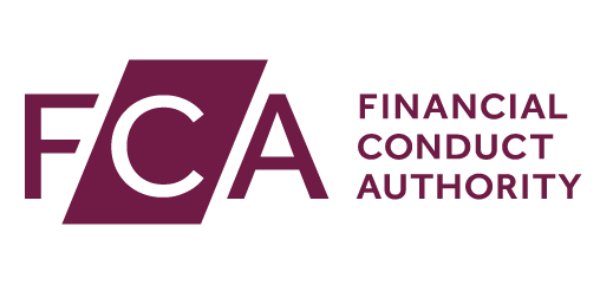
Court of Appeal assesses swap mis-selling complaint under FCA DISP
The Court of Appeal recently analysed a swap mis-selling complaint submitted by the Claimant under the FCA Dispute Resolution scheme (“DISP”), which complaint would stop time running for the purposes of a making a complaint to the Financial Ombudsman Service (“FOS”).








